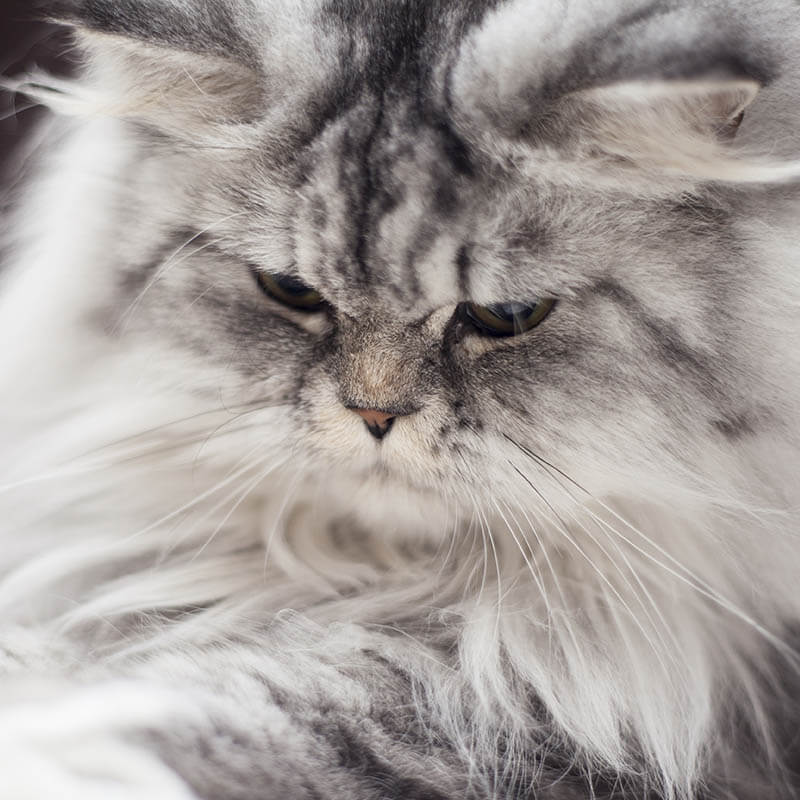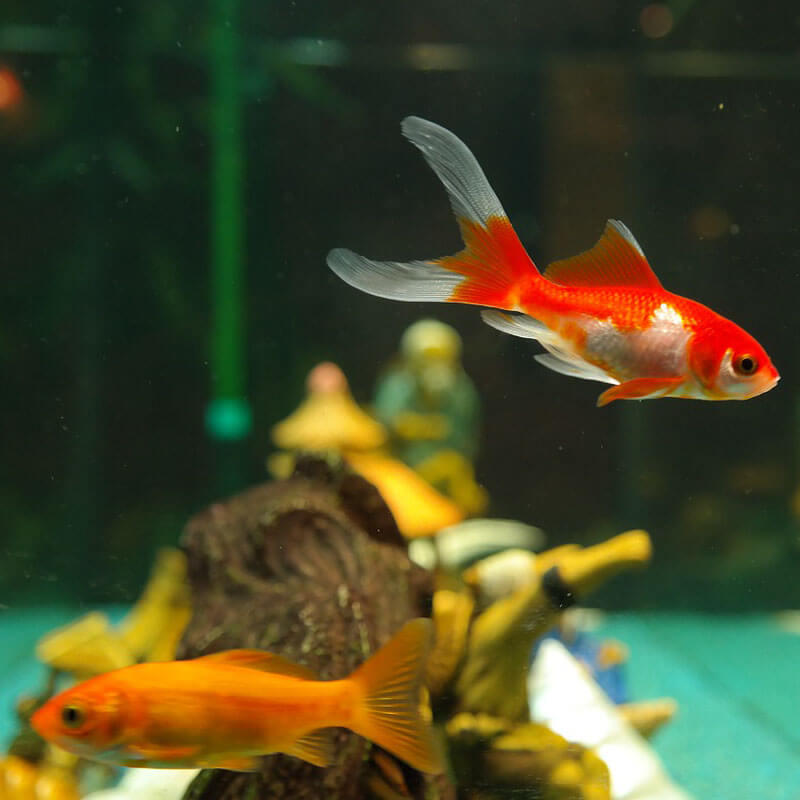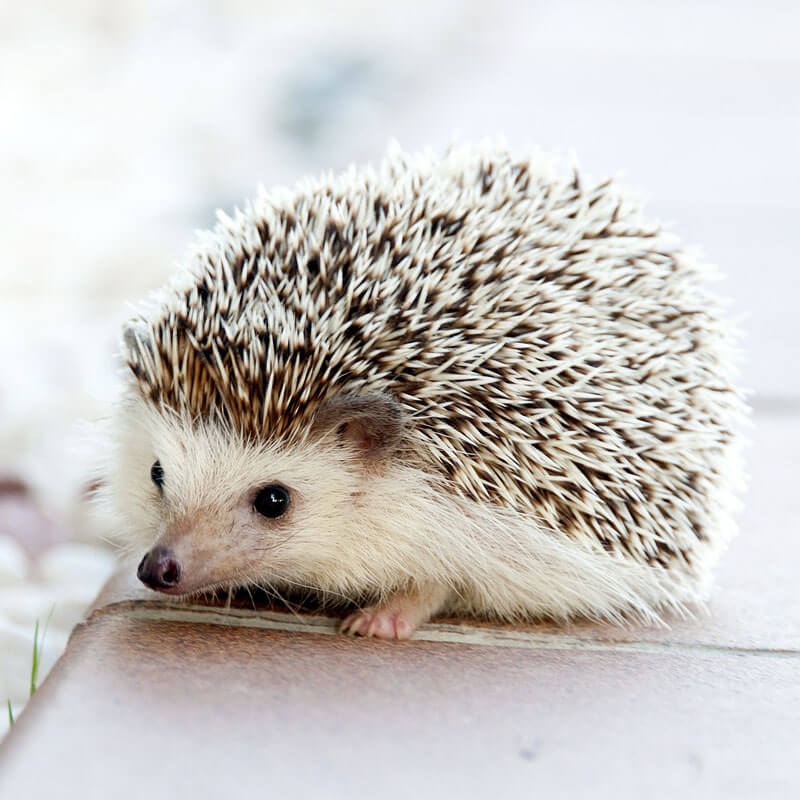
Soft Tissue Surgery in Edmonton
Sometimes your pet needs procedures and services that are out of the ordinary in order to maintain good health. From dewclaw removal and exploratory surgery to laceration repair and cancer removal, there are a number of different surgeries the veterinarians at Mercy Animal Hospital can perform to improve your pet’s health. Contact our animal hospital in Edmonton to learn more about the surgeries and procedures we offer, and book your appointment today.

Why Choose Mercy Animal Hospital:
- Proactive approach to each client’s health
- Customer-focused services
- Emergency vet services
- Financing options
- AAHA certified practice
Other Surgeries

Your pets are active and we know things happen, that’s why our clinics are prepared to handle anything your pets bring our way.
The most common emergency surgery is when your pet eats something they shouldn’t have, but we deal with many other cases as well. From car accidents and broken bones, lacerations in the skin, vomiting, cysts and tumors, bladder stones, and more advanced surgeries like TPLO’s and Ortho Zips for repairing torn ACLs, we can handle it all. We also do emergency c-sections if you’re a breeder and the kids are coming sooner than expected. All surgeries are accompanied with anesthesia and patient monitoring.
Dewclaw Removal
Pets love to play, explore, and do all sorts of crazy things, which is why the need may arise for a surgery or other urgent vet appointment. From broken bones and lacerations to blocked stomachs and more, there are a wide variety of situations that pets can get themselves into. At Mercy Animal Hospital in Edmonton, we can perform emergency c-sections, repair torn ACLs, set bones, and more. All of our surgeries include anesthesia and patient monitoring to ensure that your pet’s procedure runs as smoothly as possible.
Dewclaws can be attached via a bone, but most often, they are simply attached with a bit of skin and some connective tissues. Since they are not well-attached, they can easily become snagged and rip off or tear. This is very painful for your dog. You should get your dog’s dewclaws removed if they:
- Hang or seem very loose.
- Your dog catches his or her dewclaw on objects.
- The dewclaw is not well-formed.
Our veterinarian can help you decide if dewclaw removal is right for your dog. The best time to remove dewclaws is before they are fully formed. The surgery can happen as soon as your puppy is a few days old up to a few weeks, and it is no more painful or difficult than permanently removing a fingernail.
If your dog is not spayed or neutered, we recommend getting the dewclaws removed at the same time as the spay/neuter surgery. With this option, your dog only has to undergo anesthesia once for both surgeries, and it is typically less stressful for your dog to have both surgeries performed at the same time.
Pet Foreign Body/Exploratory Surgery
We know that when pets experience pain or other emergency situations, it can cause a great deal of stress for you. We are here to provide the information and support you need to make the best decision for your fur baby. Our veterinarians and vet technicians have the training and experience that will provide the highest level of care for your pet. If you have questions about your pet’s health or need to book an appointment, please contact Mercy Animal Hospital today.
Pet Laceration Repair
A laceration is a cut or tear in the skin that may include damage to the muscles and other structures beneath the skin.While surface wounds may sometimes be repaired using local anesthesia (which affects only the area of the wound), most laceration repairs require general (full) anesthesia of the pet. After the wound is cleaned and assessed, the cut edges are usually held together with suture material or skin staples. Lacerations should be repaired as soon as possible after the injury occurs to ensure proper healing and to prevent infection. If infection does occur, the infection will have to be cured before the surgery can be performed to prevent the infection from being trapped in a closed wound.
Lump/Cancer Removal
Finding a growth is one of the most stressful things for pet owners. Is my pet in pain? Can it be fixed? What if it is cancer? These questions and many more run through our heads and cause a lot of worry.
The good news is, many of these lumps and cancers can be removed through surgery. We won’t be able to tell what we are dealing with until we get a chance to look at it, so the best thing you can do is call and book an appointment so we can figure out the best plan of action to get your pet back to full health.
Veterinarian Abdominal Surgery
There are many types of abdominal surgeries for animals, some of the more familiar ones you may have heard of include: the stomach flipping, removing of a gallbladder, and the removal of bladder stones. Unfortunately, most of these cases are not able to be seen with the naked eye and are generally discovered when your pet is acting differently or doing abnormal things. This is why it is important to have regular check ups and talk to your doctor about any suspicious behavior. If you notice your pet acting abnormally, make sure to call the vet to book an appointment, he could be showing symptoms of a more serious condition.
Veterinary Surgery Services
Pets love to play, explore, and do all sorts of crazy things, which is why the need may arise for a surgery or other urgent vet appointment. From broken bones and lacerations to blocked stomachs and more, there are a wide variety of situations that pets can get themselves into. At Mercy Animal Hospital in Edmonton, we can perform emergency c-sections, repair torn ACLs, set bones, and more. All of our surgeries include anesthesia and patient monitoring to ensure that your pet’s procedure runs as smoothly as possible.
Your Animal Hospital in Edmonton
We know that when pets experience pain or other emergency situations, it can cause a great deal of stress for you. We are here to provide the information and support you need to make the best decision for your fur baby. Our veterinarians and vet technicians have the training and experience that will provide the highest level of care for your pet. If you have questions about your pet’s health or need to book an appointment, please contact Mercy Animal Hospital today.
ANESTHESIA
-
General Anesthesia
- For some procedures, your pet will need to be administered general anesthesia so that he or she will be unconscious and not feel pain. Many pet owners worry about their pets being administered general anesthesia. We can assure you that modern anesthesia is generally safe. To lessen any risk, we perform a physical examination and run blood work prior to the procedure to catch any underlying health issues. In addition, we follow a specific anesthetic protocol including monitoring vital signs during the procedure to ensure the safety of our patients.We begin most general anesthetic procedures by administering a sedative to help the pet relax and decrease any anxiety and pain. We then administer an intravenous drug to provide complete anesthesia and place a breathing tube into the patient’s trachea (windpipe). To maintain a state of unconsciousness, we deliver a gas anesthetic in combination with oxygen through the breathing tube.
-
Local Anesthesia
- Local anesthetics cause a loss of sensation in the area where the procedure is being performed. We sometimes use a sedative and/or anxiolytic (anti-anxiety medication) in combination with the local anesthetic to keep pets calm during a procedure.
-
Patient Monitoring
- We monitor our patients to keep them as safe as possible during procedures that require general anesthesia. A veterinary technician will continually assess your pet’s heart and respiratory rate, blood pressure, and other vital signs to help prevent any anesthetic risk.











